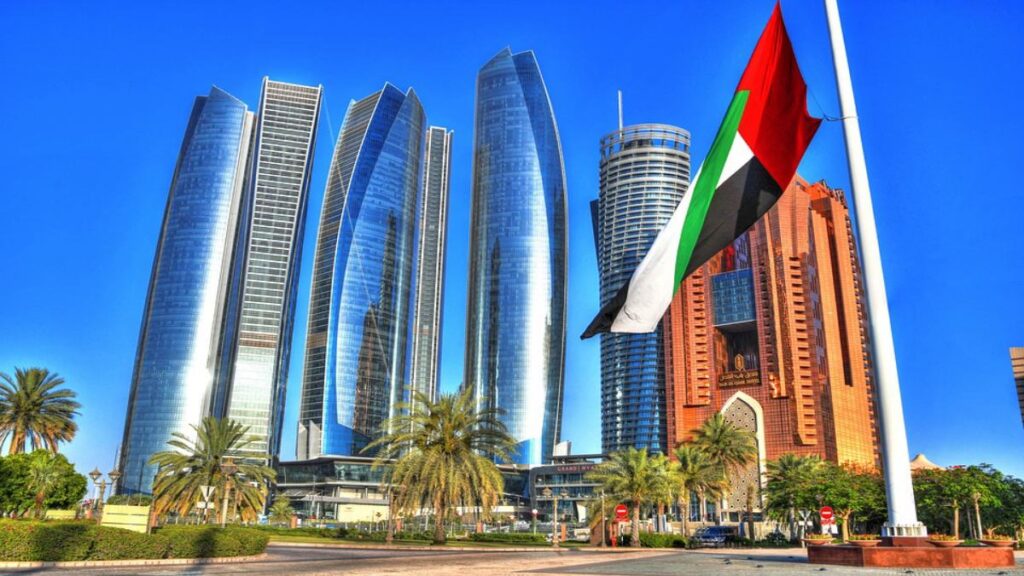Earlier this week, the UAE announced changes to its tax policy, exempting certain crypto transactions from value added tax (VAT). The move eliminates the previous 5 percent VAT on crypto transfers and conversions. In an interview with Gadgets360, Binance’s Head of Regional Markets, Vishal Sacheendran, called the decision a significant step towards positioning the UAE as a global hub for Web3 talent and companies. He predicts that the country will soon see a surge in Web3-related businesses as a result of this tax exemption.
From November 15, the UAE will not charge VAT on crypto transactions. The move is being implemented retroactively covering crypto transactions from January 1, 2018. This will require virtual asset companies to voluntarily publish transaction information to match historical returns accordingly, PwC explained.
“As we prepare for increased cryptocurrency adoption in 2024, this move will significantly lower the barrier to entry in the UAE for individuals and businesses looking to work with virtual digital assets. We hope that similar initiatives will emerge in other markets as well,” Sacheendran told Gadgets360.
The UAE’s decision to amend its tax policies and remove VAT on crypto transactions aligns the digital asset industry with traditional financial services. By removing this tax, the UAE has effectively legitimized the crypto sector, integrating it into the wider financial landscape of the country without additional tax burdens.
According to Jagdish Pandya, chairman of Web3-focused investment firm BlockOn Ventures, the UAE should prepare to see a noticeable growth in job creation stemming from the Web3 sector.
“In this race of regulators, the UAE is the torchbearer in the Web3 world. Between 2020 and 2024, multiple free trade zones in the UAE have included regulated and license-supported ecosystems for cryptocurrency and Web3-related businesses. Opportunities to get Web3 training and employment are sure to grow in a Web3-friendly UAE. In the coming times, the growth of BTC ATMs, crypto payments for taxis, restaurants and luxury purchases will accelerate in the UAE,” noted Dubai-based investor Web3.
In India, crypto gains are taxed at a rate of 30 percent, with each transaction levied at 1 percent TDS (tax deducted at source). Since these tax laws were implemented in April 2022, the Indian crypto community has repeatedly called on the government to revise and reduce these rates.
Due to high taxes, concerns have grown about the migration of Web3 talent to more crypto-friendly countries like the United Arab Emirates, which could hinder India’s potential to become an early leader in Web3 adoption. So far, the government has not responded to the Web3 community’s persistent pleas for tax breaks.
According to a recent report by Chainalysis, despite discontent over high taxes, India has shown the most promise in crypto adoption for the second year in a row in 2024.
The United Arab Emirates, on the other hand, not only revised its crypto tax regime, but also established the VARA regulatory framework to comprehensively govern the Web3 sector. As part of its tax amendments, the UAE has also managed to clearly classify what falls under the umbrella of virtual assets.
Explaining the criteria, the official release document says that virtual assets are “a digital representation of value that can be digitally traded or converted and that can be used for investment purposes, and does not include digital representations of fiat currencies or financial securities.”


